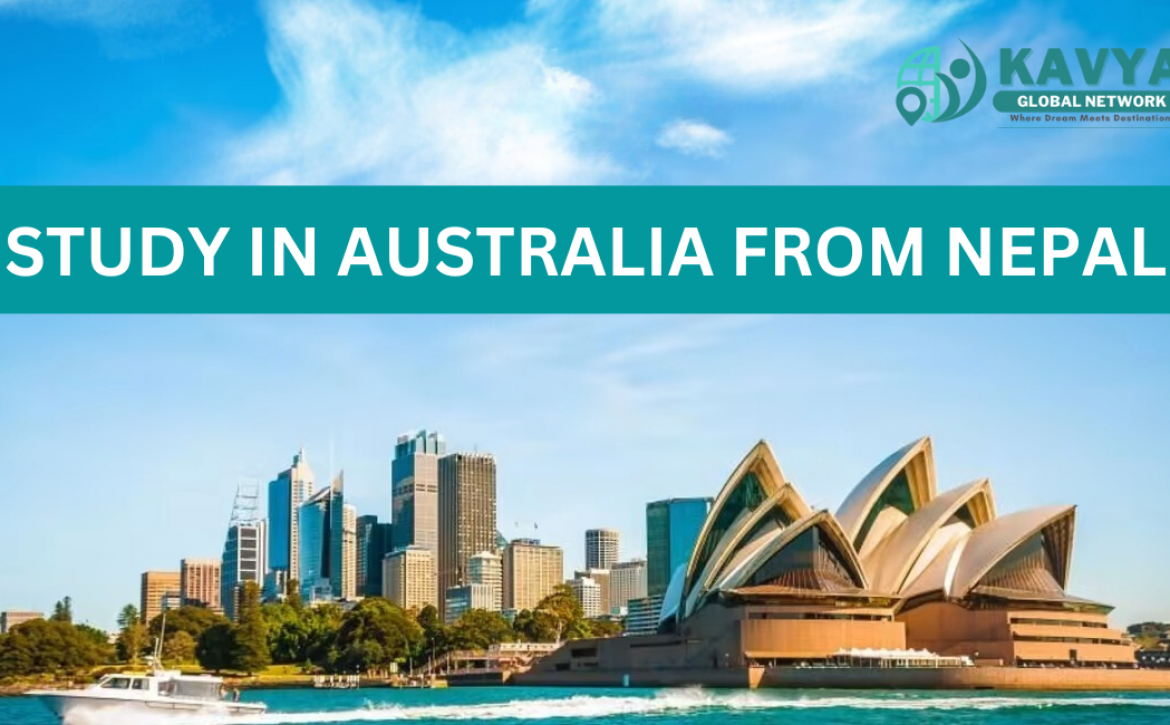How to Pay Your SEVIS Fee as a Nepalese Student: A Complete Guide
Deciphering the Route for Nepalese Students to Pay Their SEVIS Fees Successfully
For Nepali students who want to study in the US, navigating the SEVIS fee payment process is an essential first step. It is imperative to comprehend the complexities of the SEVIS (Student and Exchange Visitor Information System) charge as it is a mandatory obligation. Our goal at KAVYA Global Network is to give you a thorough and informative guidance so that you may pay your SEVIS charge with ease and success.
Introduction
Empowering Your Educational Journey: SEVIS Fee Payment for Nepalese Students
For many Nepalese students, starting their educational journey in the US is a dream come true. One of the most important steps in ensuring a smooth transition to academic institutions in the United States is paying the SEVIS fee. We will explain the ins and outs of paying the SEVIS fee in this extensive tutorial, so you will be ready to handle this crucial part of your overseas education experience.
Understanding SEVIS Fee Payment
Demystifying the SEVIS Fee: An Overview
Before we delve into the intricacies of SEVIS fee payment, let’s establish a solid understanding of what the SEVIS fee entails:
SEVIS Fee: Key Highlights
- an obligatory charge imposed on applicants for F, M, and J visas by the US Department of Homeland Security (DHS).
- essential to preserving current and accurate student and exchange visitor records in the SEVIS database.
- Making an appointment for a visa interview or submitting an application for a status adjustment requires payment.
Step 1: Determining SEVIS Fee Applicability
Navigating Applicability Guidelines
Understanding whether the SEVIS fee applies to your situation is the initial step in the process:
- Visit the SEVIS Fee Payment Website to determine if you are required to pay the fee.
- Identify the appropriate fee amount based on your visa category and program duration.
Step 2: Obtaining Form I-20
The Foundation for SEVIS Fee Payment
Obtain your Form I-20 from the U.S. academic institution before to starting the SEVIS fee payment process.
- Receive Form I-20 from your designated school official (DSO) after completing the admissions process.
- Verify the quality and completeness of the data on the Form I-20.
Step 3: Completing the SEVIS Fee Payment
A Seamless Payment Process
Initiating the SEVIS fee payment process involves the following steps:
- Visit the SEVIS Fee Payment Website to complete the fee payment.
- Provide accurate personal and program-related details as required.
- Retain the payment confirmation receipt for your records.
Step 4: Documenting the SEVIS Fee Payment
Ensuring Adequate Documentation
Once the SEVIS fee has been paid, collect the following documents that are necessary for your visa application:
- As proof of payment for the SEVIS fee, keep a copy of the receipt.
- Assemble the remaining required paperwork, such as the passport, DS-160 confirmation, and Form I-20.
Step 5: Scheduling the Visa Interview
Securing Your Visa Interview Appointment
The next step after SEVIS fee payment is scheduling your visa interview:
- Visit the U.S. embassy or consulate website to schedule your interview.
- Pay the visa application fee and retain the payment receipt.
Step 6: Preparing for the Visa Interview
Mastering the Visa Interview
Use these tips to get ready for a successful visa interview:
- Examine your Form I-20, DS-160 confirmation, and receipt for the visa application fee in detail.
- Learn how to articulate your answers to frequently asked interview questions.
Step 7: Navigating the Visa Interview
Navigating the Interview Process
Show off your sincerity and readiness during the visa interview:
- Look put together and project confidence at all times.
- Make it obvious why you want to study in the United States, your connections to Nepal, and your academic goals.
Step 8: Approval or Denial of the Visa Application
Awaiting the Decision
Await the outcome of your visa application following the interview:
- Your passport will be stamped with the visa upon approval, granting you admission into the United States.
- If your application is denied, carefully read the reasons and think about resubmitting after resolving any issues.
Step 9: Getting Ready to Leave
Getting Ready for Your American Adventure
After your visa is granted, concentrate on getting ready for your American adventure:
- Purchase airline tickets and lodging.
- Attend orientations prior to departure to obtain necessary information.
Conclusion
Embarking on a Fulfilling Journey
One of the most important steps in realizing your academic goals in the US is paying the SEVIS cost. At KAVYA Global Network, we’re dedicated to giving you the skills and assurance you need to handle this procedure with ease. Remember that each phase brings you closer to the enriching experiences that await you in the U.S. Embrace the journey, and let your dreams take flight.








